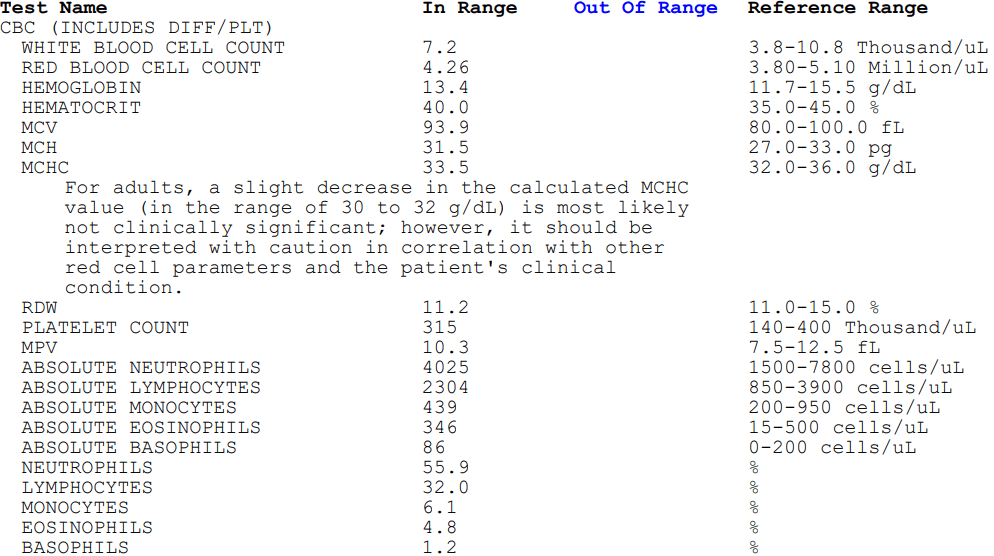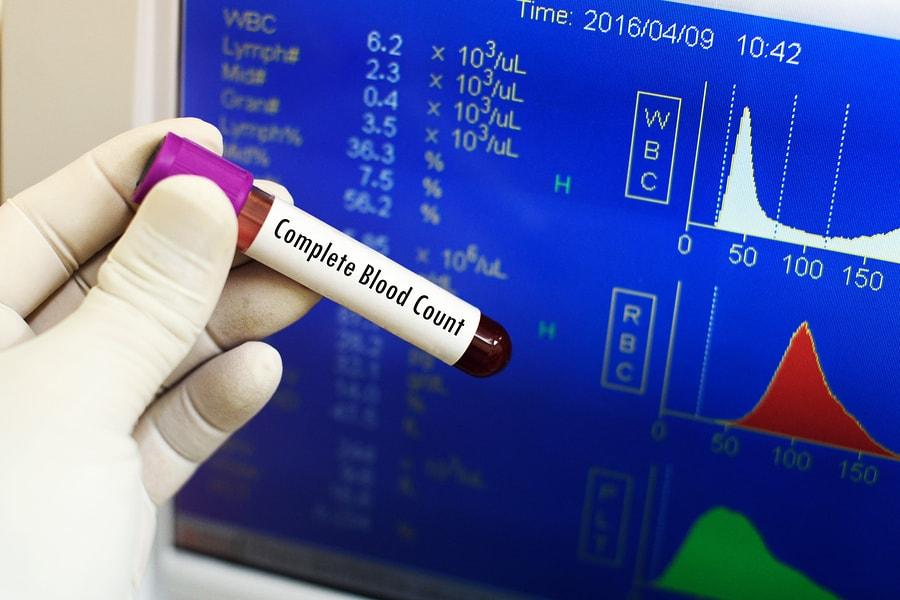A Complete Blood Count (CBC) test is a common medical procedure used to evaluate overall health by measuring different components of blood. Many people wonder, can CBC test detect smoking?
While it does not directly identify nicotine or tobacco use, it can reveal certain changes in blood parameters that may be linked to smoking. Understanding what a CBC test measures and how smoking affects blood composition can provide clarity on this topic.

How Does Smoking Affect a CBC Test?
Although a CBC test does not explicitly detect smoking, it can indicate physiological changes caused by tobacco use. Regular smoking can lead to increased red blood cell (RBC) count, higher hemoglobin levels, and elevated white blood cells (WBCs), all of which could suggest prolonged exposure to harmful substances found in cigarettes.
These changes occur due to the body’s response to reduced oxygen levels and inflammation caused by smoking.
Additional Impacts of Smoking on Blood Tests
In addition to altering CBC results, smoking can affect other blood tests, such as:
- Carbon Monoxide Levels – Chronic smokers often have increased levels of carboxyhemoglobin in their blood, reducing oxygen transport.
- Lipid Profile – Smoking contributes to increased LDL (bad cholesterol) and lower HDL (good cholesterol), raising the risk of cardiovascular disease.
- Liver Enzymes – Some studies indicate that smoking can lead to elevated liver enzyme levels, suggesting liver strain.
Symptoms and Health Indicators a CBC Test Can Detect
A CBC test is useful in identifying various health issues that may be aggravated by smoking. Some of these include:
- Anemia – Low hemoglobin levels or abnormal RBC counts may indicate anemia, which can be worsened by smoking.
- Infections and Inflammation – Elevated WBC counts may suggest chronic infections or inflammatory responses linked to tobacco use.
- Blood Clot Risks – High RBC counts and increased platelet levels can contribute to clot formation, increasing stroke and heart attack risks.

Other Tests That Can Directly Detect Smoking
If direct detection of smoking is required, the following tests are more suitable:
- Cotinine Test – Cotinine, a metabolite of nicotine, can be detected in blood, urine, saliva, and hair.
- Carboxyhemoglobin Test – Measures the level of carbon monoxide in the blood, which is elevated in smokers.
- Nicotine Blood Test – Directly measures nicotine levels in the bloodstream.
Frequently Asked Questions
Can a CBC test confirm smoking?
No, a CBC test cannot directly confirm smoking, but it may indicate changes in blood parameters influenced by tobacco use.
What does smoking do to blood cells?
Smoking increases red blood cells, hemoglobin, and white blood cell counts, reflecting the body’s response to oxygen deprivation and inflammation.
Can a CBC test detect lung problems from smoking?
A CBC test may indicate inflammation or infection but does not diagnose lung conditions directly. Additional tests like chest X-rays or lung function tests are needed.

How long does smoking affect blood tests?
Smoking can impact blood tests for weeks, with cotinine detectable in urine or saliva for up to 10 days and in blood for a few days.
Can a doctor tell if I smoke from a blood test?
A CBC alone cannot confirm smoking, but a doctor may infer it based on abnormal results. Specific nicotine or cotinine tests provide direct confirmation.
While a CBC test does not directly detect smoking, it can indicate physiological changes caused by tobacco use. For accurate detection, specific nicotine-related tests should be conducted. Smoking can lead to numerous health risks, some of which may be reflected in a CBC test.
If you are concerned about how smoking affects your health, consulting a medical professional for more precise testing and advice is recommended. Maintaining a smoke-free lifestyle can help improve overall health and stabilize blood parameters.
